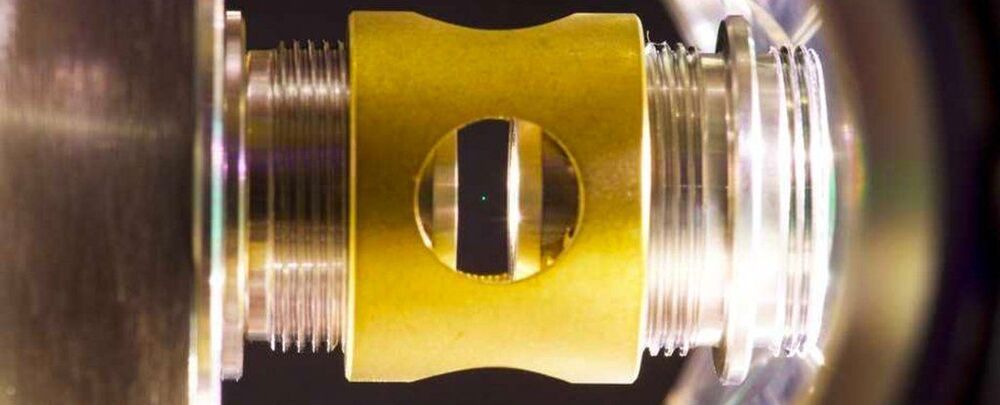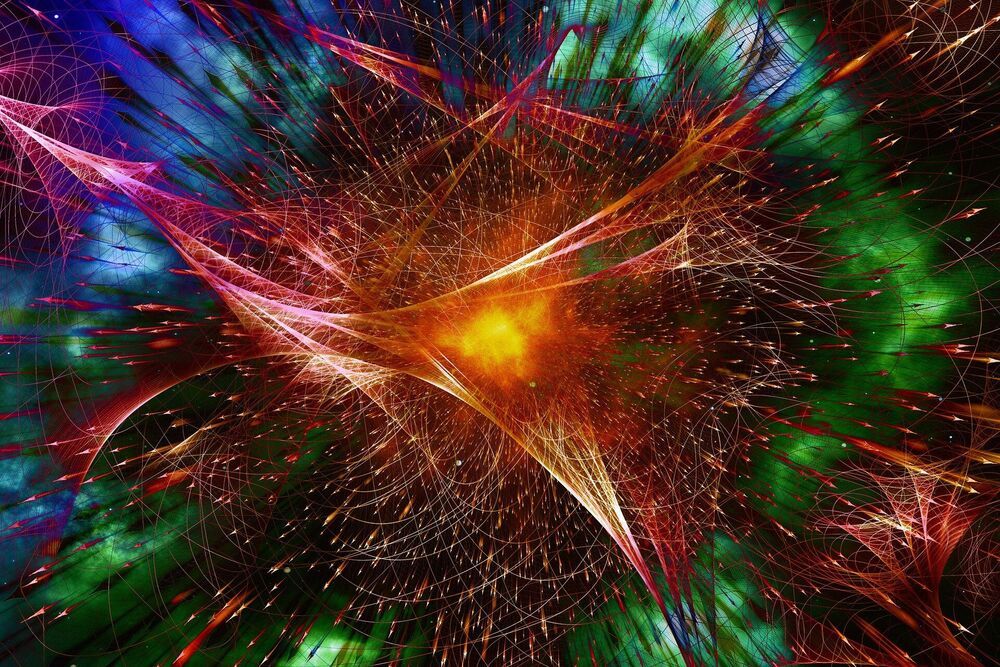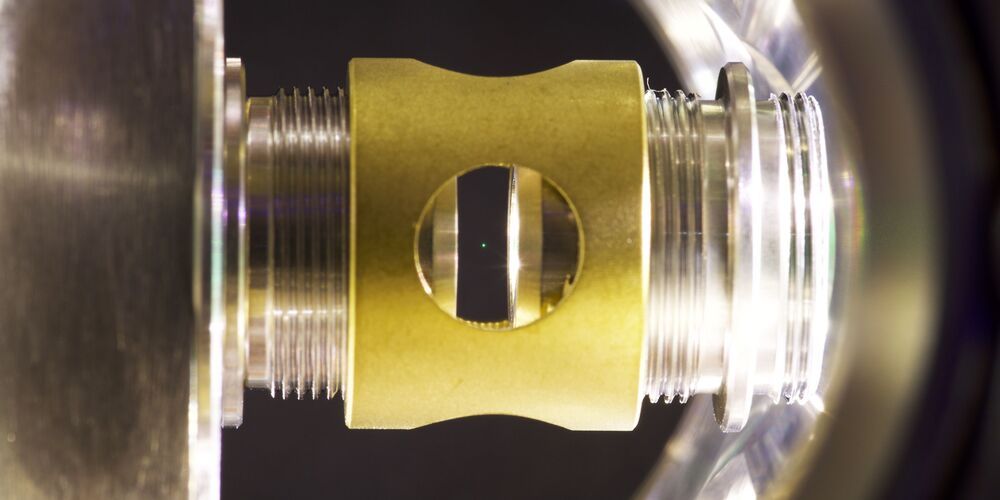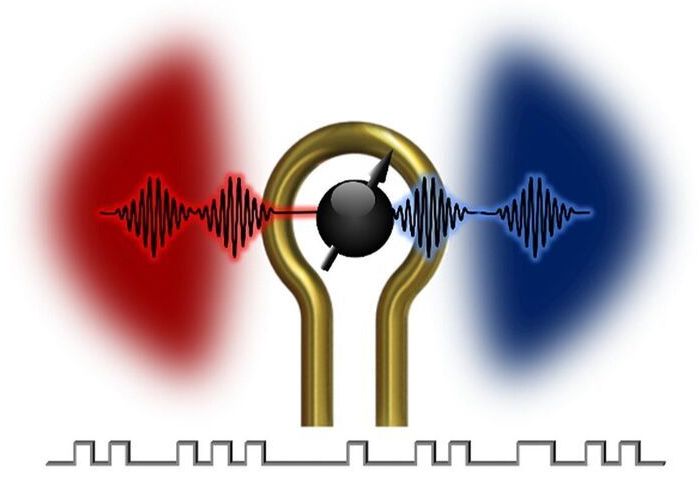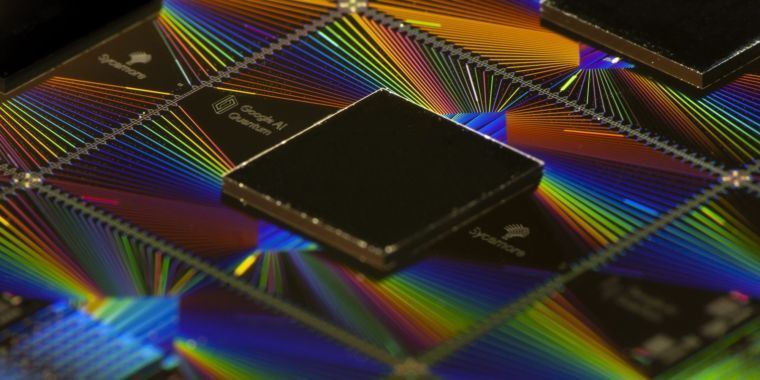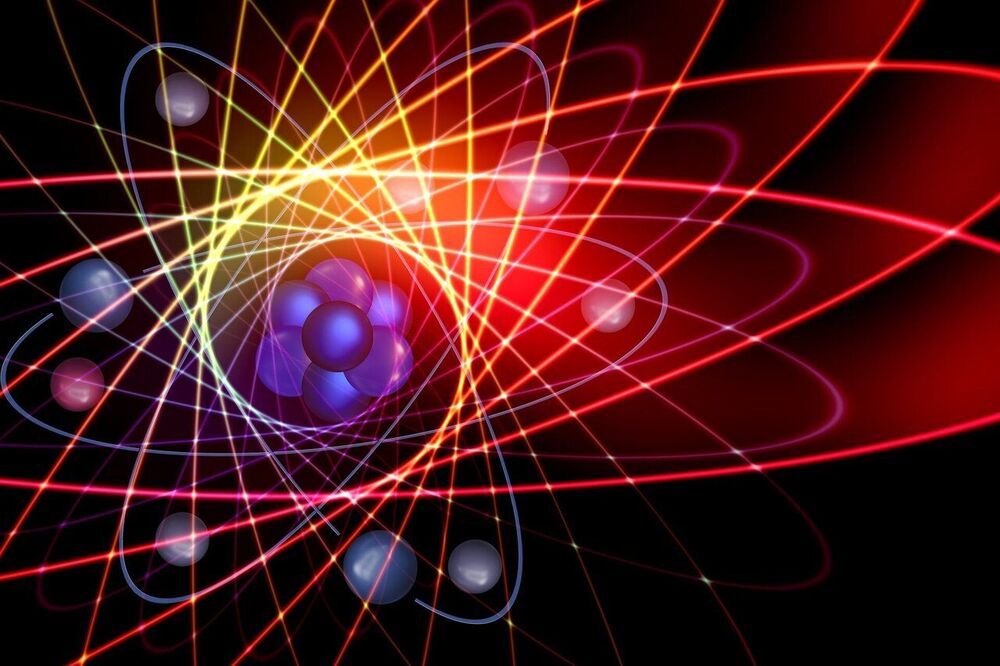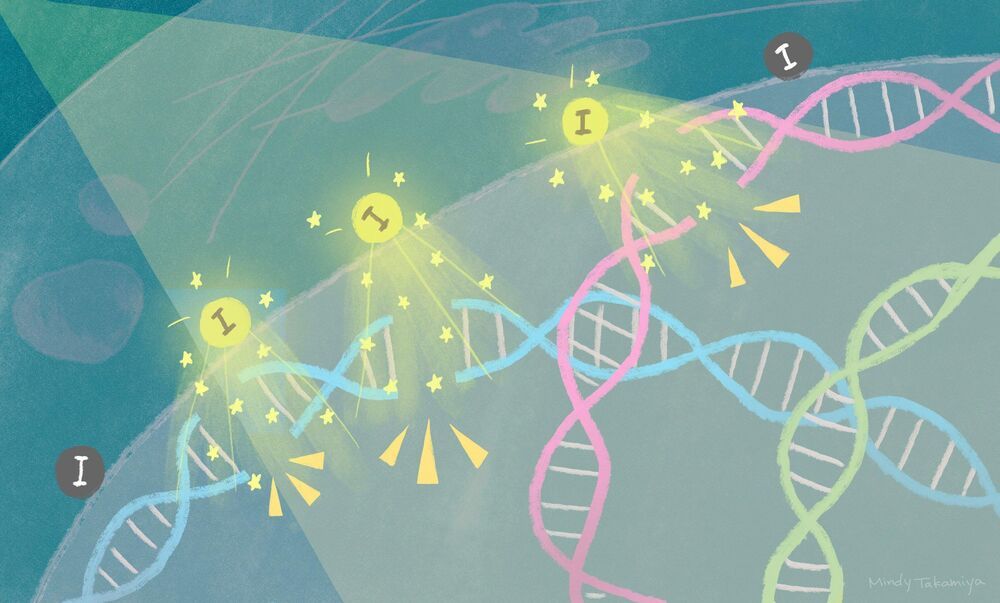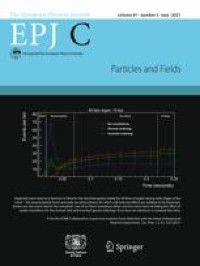Quantum mechanics deals with the behavior of the Universe at the super-small scale: atoms and subatomic particles that operate in ways that classical physics can’t explain. In order to explore this tension between the quantum and the classical, scientists are attempting to get larger and larger objects to behave in a quantum-like way.
In the case of this particular study, the object in question is a tiny glass nanosphere, 100 nanometers in diameter – about a thousand times smaller than the thickness of a human hair. To our minds that’s very, very small, but in terms of quantum physics, it’s actually rather huge, made up to 10 million atoms.
Pushing such a nanosphere into the realm of quantum mechanics is actually a huge achievement, and yet that’s exactly what physicists have now accomplished.
